The Extension of our Body
On April 26, during the Free Land Camp - Brasília/Brasil, I was walking through the craft tents and stopped in front of necklaces displayed by a young Kuikuro woman.
My attention was drawn to a very thin seashell necklace, hanging on a string along with many others made of colorful beads.
When I asked about the shell necklace, the young woman explained that, in fact, it was a necklace made from snail shells, and that this is a sacred element for the People who inhabit the Upper Xingu.
This moment reminded me of the words of a Pankararu friend that were meaningful to me: “what you call adornment, for us indigenous people, is the extension of our body.” She told me this when I showed her a straw bag I received as a gift.
Upon seeing the bag, the Pankaraku mentioned that the weave is the same as what the Pankararu children learn to do. And creating a weave is the first ritual expression of these children. For them, learning to weave is part of a larger ritual.
Among the Kuikuro, the snail necklace must always be worn on social occasions. To make it, they remove the snail shell and let it dry in the sun for around 15 days. In ceremonies, those who do not have it are subject to mockery.
The size of the shell is chipped to demarcate the status of the wearer. And it is the Cacique who wears the necklace with the thickest chip.
The young Kuikuro woman I was talking to was wearing one of those snail necklaces. Her name is Mayra, and she is a young leader bearing the responsibility imprinted on her body. There are four lines tattooed on her arms, just below the shoulder line.
Mayra said that her leadership comes from the family, it starts with her great-grandfather. Even though it is a family succession, it is the people most committed to the community who become leaders.
As a mother and leader, Mayra has expressed some concerns regarding the transmission of knowledge to the younger generations, particularly considering technological possibilities. She sees her role as someone who encourages the children around her to learn and appreciate the importance of their people's culture, language, and food.
Our conversation was brief, a downpour in the midst of the Cerrado's dry season not only brought our conversation to an end but also cut short almost an entire day of the Free Land Camp. Mayra's mother, Tusse, who was with us during the conversation, recorded a song from her people just before the storm.
So I share with you this song, Yamarikumã.
Words by: Andressa Domingues
Video: Andressa Domingues
Photo: Raíssa Azeredo


